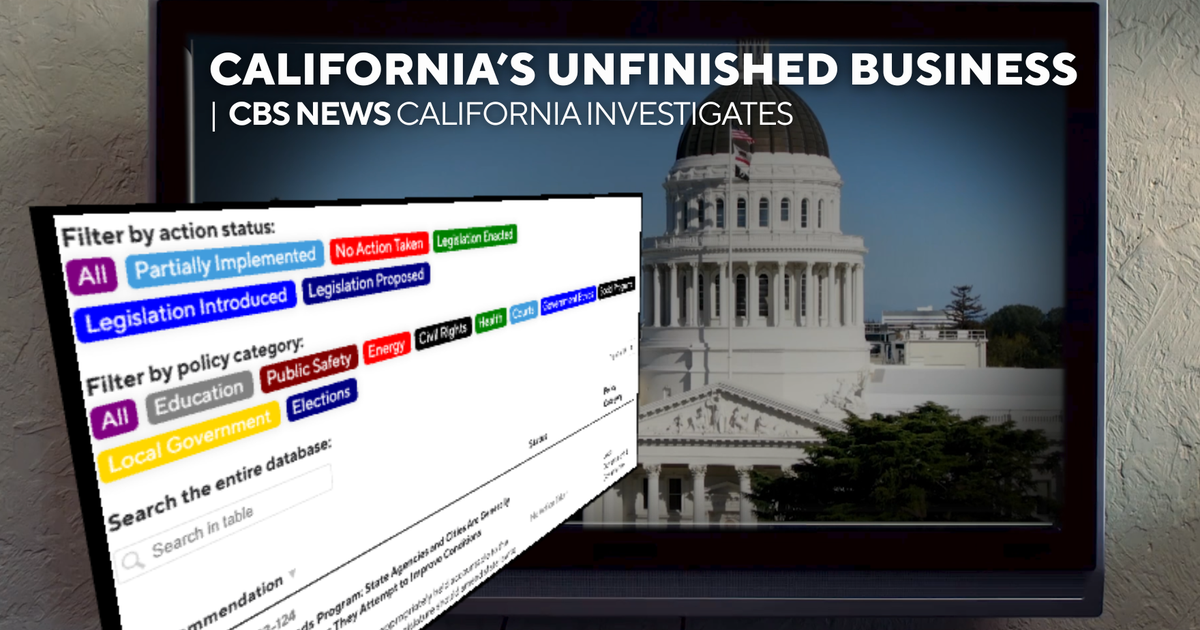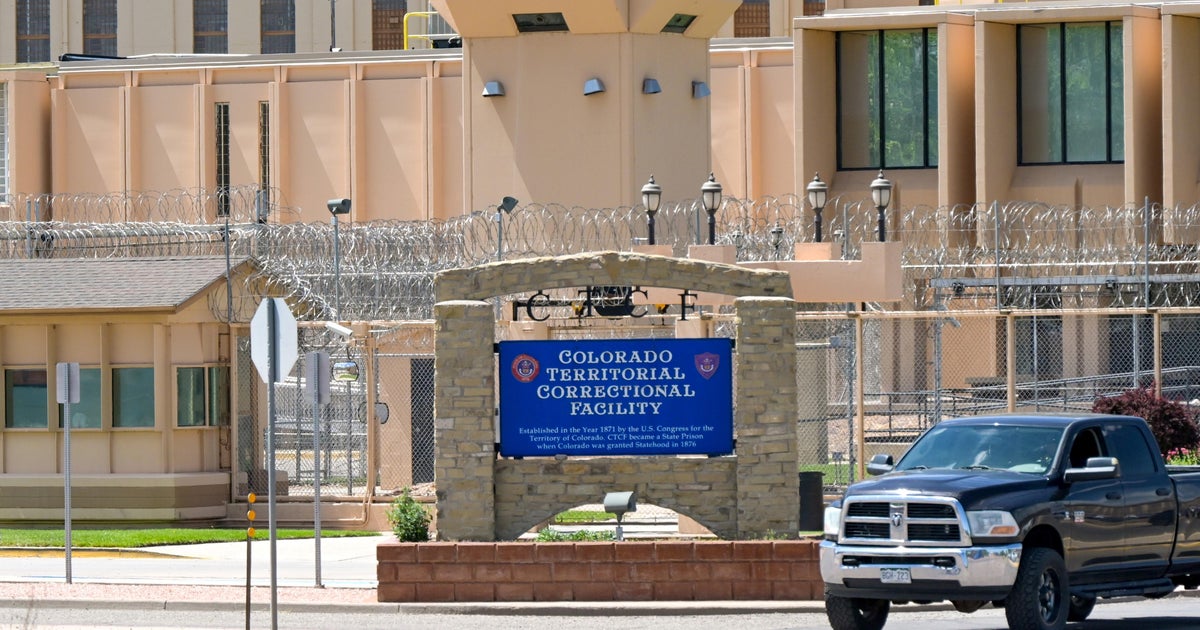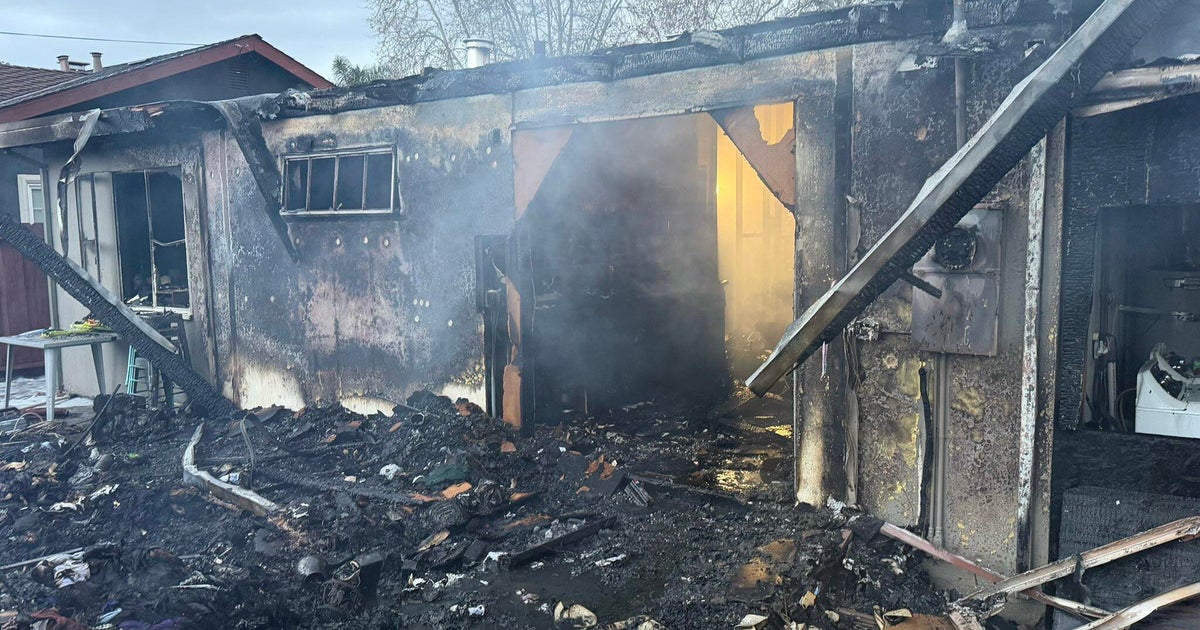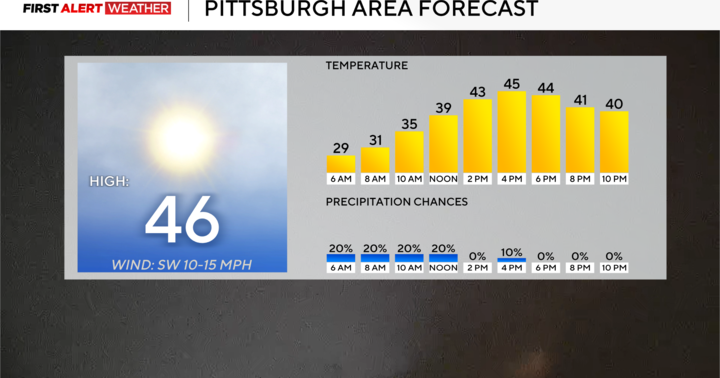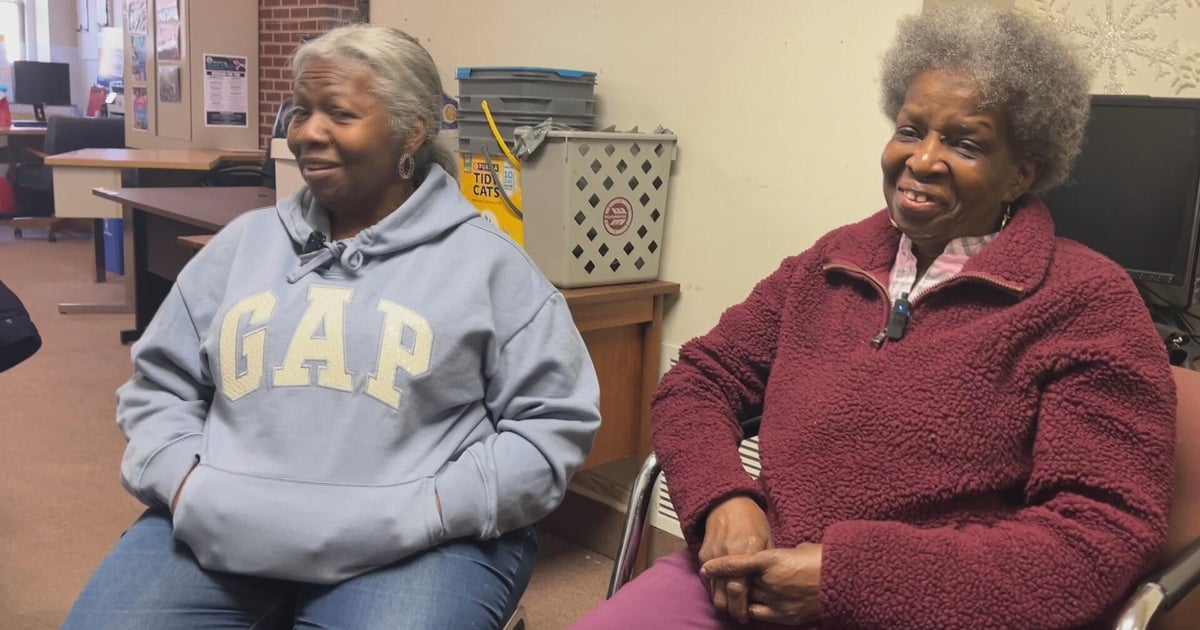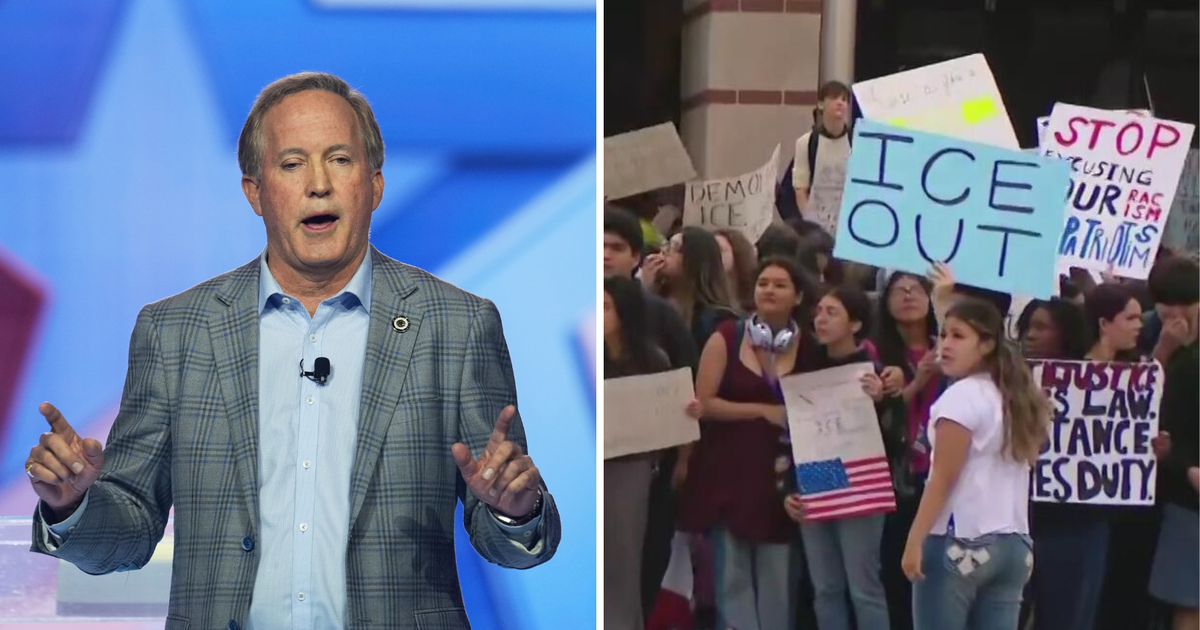Tribes await ruling in child welfare case
AP -- The U.S. Supreme Court is considering challenges to a law enacted in 1978 to respond to the alarming rate at which Native American and Alaska Native children were being removed from their homes by public and private agencies.
The U.S. Supreme Court now has taken up challenges to the law three times — in 1989, 2013 and 2022. The current case is the most significant because it raises questions of equal protection under the Constitution.
The justices heard three hours of arguments Nov. 9 and appear likely to leave most of the law in place. The law includes a severability clause, which means parts of it can be struck down while keeping the rest intact.
The high court isn't expected to rule in the case until next summer. Lower courts have split on the case. Find AP's latest story here.
BACKGROUND
The Indian Child Welfare Act, known as ICWA, has long been championed by tribal leaders as a means to preserving their families, traditions and cultures. The law requires states to notify tribes in certain foster care and adoption proceedings involving Native American children who are or could be enrolled in any of the 574 federally recognized tribes.
Placement preference is given to the child's extended family, members of the child's tribe or other Native American families, but it doesn't prevent placement with non-Native families.
The lead plaintiffs are Chad and Jennifer Brackeen, a Texas couple who have adopted a Native American boy and are seeking to adopt his sibling — a proceeding that's happening outside the U.S. Supreme Court case.
The Brackeens and other plaintiffs contend the Indian Child Welfare Act is race-based, doesn't consider the best interests of children and unlawfully imposes duties on states.
Native American tribes are politically sovereign nations, meaning they have the ability to govern themselves. A vast majority of federally recognized tribes asked the Supreme Court to uphold the law. They fear widespread impacts to other federal laws that pertain to health care for Native Americans, tribal gambling operations and public education for Native students if the justices dismantle tribes' political relationship with the U.S. government.
STATES THAT HAVE CODIFIED ICWA
At least 10 states have incorporated aspects of the federal Indian Child Welfare Act into their own laws, according to Turtle Talk, a blog that covers legal issues affecting tribal communities. They are: California, Iowa, Michigan, Minnesota, Nebraska, New Mexico, Oklahoma, Oregon, Washington and Wisconsin.
"The states can only treat Indians as a political classification to the extent that the feds can," said Dan Lewerenz, assistant law professor at the University of North Dakota who is a member of the Iowa Tribe of Kansas and Nebraska.
Whether these laws will stand depends on what the court decides, particularly if the decision centers on a racial versus a political classification for Native American tribes.
